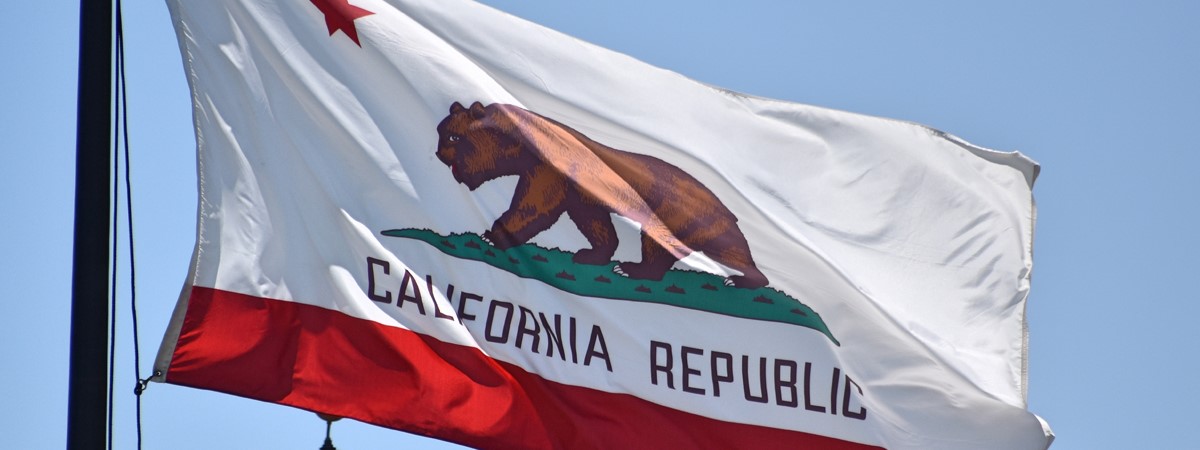On Jan. 8, 2026, the Supreme Court of Virginia upheld a decision to overturn a $2 billion jury verdict in the Appian v. Pegasystems trade secrets dispute, where a unanimous jury found that Pega violated the Virginia Computer Crimes Act and misappropriated Appian’s trade secrets.
Continue Reading Virginia Supreme Court Orders New Trial in $2 Billion Trade Secrets Case









